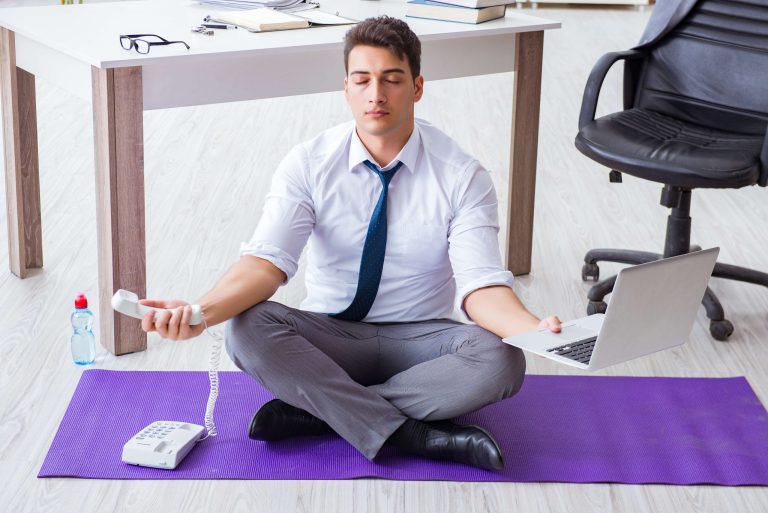Those who are dependent on alcohol should participate in alcohol addiction treatment to break the cycle. Remember, quitting a substance cold turkey can lead to health issues, so it’s best to enlist professional help. An interesting fact is that alcohol amplifies our underlying emotions at the moment of consumption. If someone’s harboring anger or frustration before drinking, it’s likely those feelings will surge once they’re under the influence – hence becoming an ‘angry drunk’. Conversely, if someone starts drinking in a jovial mood or high spirits, they may remain cheerful throughout – making them what we call ‘happy drunks’.
Why Does Alcohol Make You Angry? The Individual Differences
Reflect on your relationship with alcohol and consider speaking to a healthcare professional if addiction is an issue. Beyond the brain’s chemistry, there are psychological and social factors that can contribute to alcohol-induced aggression. Personal history and genetic factors can play a role in how someone reacts to alcohol. For example, if you have a family history of alcohol abuse or domestic violence, you might be more prone to aggressive behavior when drunk.
Breaking the Cycle: How To Stop Being Aggressive When Drunk
Additionally, when you don’t reflect on mistakes you’ve made, you’ll probably repeat them. To combat aggressive behavior when drinking, individuals should consciously seek help. It’s sometimes easier for angry people to become aggressive when they’re inebriated.
Lifestyle Quizzes
- When it comes to taste, some people may prefer a bold flavor while others may prefer a smooth one.
- As a positive, unalarming emotion and one that others are used to seeing, however, happiness isn’t on the radar as much as anger.
- When alcohol is consumed in excess, it increases the likelihood of an argument escalating quickly and turning violent.
- You can become agitated and jittery because your body is busy processing the alcohol, which neutralizes the effect of these medications.
- Extreme happiness, or euphoria, is another common experience during drinking.
- When it comes to drunken anger, you may find yourself acting in ways that are out of character for you.
If you think that your drinking has become a problem, speak with a doctor or therapist who can help you get back on track. The link between alcohol and sleep has been established in several studies. Alcohol is classified as a Central Nervous System (CNS) depressant, which means it alters how the brain functions and neural activity. GABA, a neurotransmitter that helps regulate these activities, is increased in the body through consumption of alcohol. GABA also plays a role in promoting sleep by helping to decrease why does alcohol make me irritable brain activity and promote relaxation.

In other words, we’re likely to do things — including giving others an earful as soon as we feel irked — without thinking about the potential fallout. We might also misread social cues and lash out in response to perceived slights, non-existent threats, or frustrations. While alcohol can initially act as a sedative and induce sleep, it later disrupts the sleep cycle, particularly REM sleep. As we sleep, alcohol starts to wear off, leading to restless sleep and more awakenings in the second half of the night. This disruption can lead to fatigue, difficulty concentrating, and lower mood and mood swings the following day.
Consider cutting back or abstaining from alcohol, identifying triggers that make you angry, and practicing stress management techniques like meditation. Neurotransmitters, the brain’s chemical messengers, are crucial in regulating our https://dev-opergaminho.pantheonsite.io/how-to-get-someone-fired-effectively-a-step-by/ mood. Alcohol interacts with these neurotransmitters, specifically with gamma-aminobutyric acid (GABA) and glutamate. GABA is an inhibitory neurotransmitter, calming the brain and leading to feelings of relaxation.

Why Does Alcohol Make Some People Angry?
Generally speaking, if you consume half a glass of red wine it will take around 15 minutes for your body to process it. If someone you’re close to Halfway house has a drinking problem and tends to gets angry when they’ve had a drink, you can read more about the dos and don’ts of dealing with an alcoholic partner. When you drink, do you couple this with eating pretzels, pizza or sweets?
- Not having your most effective coping mechanism available to you all of a sudden can cause anger, irritability, and even grief.
- Recovering from an alcohol use disorder can be isolating, especially when you consider how widespread drinking culture is in the United States.
- These include people with a family history of substance abuse, those who already struggle with mental health issues, or those who become overly dependent on their drinking habits.
- Heavy drinkers can experience severe and sometimes life threatening symptoms when reducing alcohol intake, so it’s important to have medical support.
- Alcohol-related personality changes can place a severe strain on relationships.
- Ever wonder why some folks seem to get angrier when they’ve had a few?
- Angry drunks might clench their fists or jaws, have a tense posture, and avoid eye contact – all signs of hostility and aggression.
- Knowing your limits and sticking to them can also help prevent episodes of anger when you drink.
Hurtful words spoken in a drunken state should not always be taken at face value. For individuals prone to alcohol-induced aggression, their comments and actions often stem from an altered state rather than genuine beliefs. While the ancient Roman saying, “In vino veritas” (in wine, there is truth), suggests that alcohol reveals true feelings, this is not always the case. Some become “happy drunks,” experiencing an increase in sociability and relaxation without aggression. Becoming angry when intoxicated can lead to domestic violence incidents.